Hunger in South Kordofan’s Dalami as calm returns after fighting
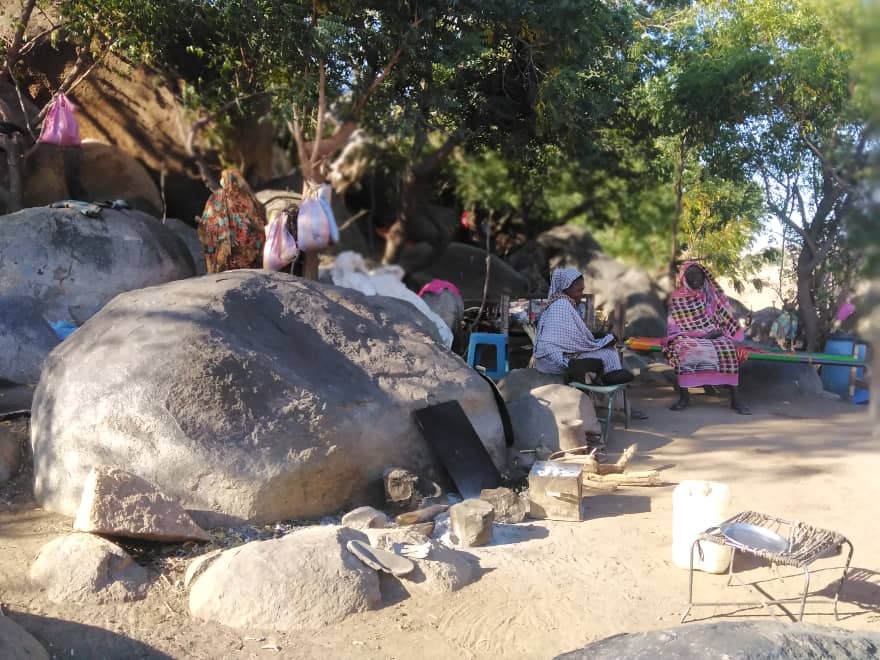
People seek refuge in the hills near Dalami against SPLM-N attacks on the town, occupied by the Rapid Support Forces (RSF), January 27 (Photo: Abdelrahim Kunda)
People in Dalami in Sudan’s Nuba Mountains are desperately searching for food after the agricultural season in the area failed last year. Attacks by the Sudan People’s Liberation Movement-North under the leadership of Abdelaziz El Hilu (SPLM-N El Hilu) on the town caused many people to flee. The Rapid Support Forces (RSF) have formed ‘a local government’ in neighbouring Habila.
“Shrunken sorghum ears, others completely dry. The first ones eaten by locusts; the others did not receive enough rain. Many farmlands remained bare this year, and the reason is represented by the rumble of bullets and the sound of missiles. In South Kordofan, the situation obviates the question,” journalist Abdelrahim Kunda told Radio Dabanga from Dalami.
After having toured the area between Dalami and Kartala in neighbouring Habila locality, he said he fears that “the predictions by international organisations about a famine in Sudan are true”.
As for the reasons for “this catastrophe”, he cited “various factors that have piled up here: the lack of rain, the destruction of crops by locusts and birds, the poor and delayed agricultural funding, in addition to the sheer unpredictable security situation.
“Every day, more and more people in Dalami desperately search for something to eat. Whether young or old, they walk around with empty plastic bags, wandering between the mills of Dalami to collect what is left of sorghum seeds, as they cannot afford to buy it. A malwa [3.145 kilogrammes] of sorghum now costs SDG10,00 to SDG12,000”.
The mill owner at the Dalami Market told Kunda that “hungry children come every evening to gather the flour left at the mill and what has fallen on the ground”.
The only source of food and income for families consist of wild fruits jujube berries and tamarind, Kunda explains. “Sometimes locusts come to be either a hearty meal or a commodity that generates cash. A miller in the neighbourhood buys locusts in exchange for sorghum flour.”
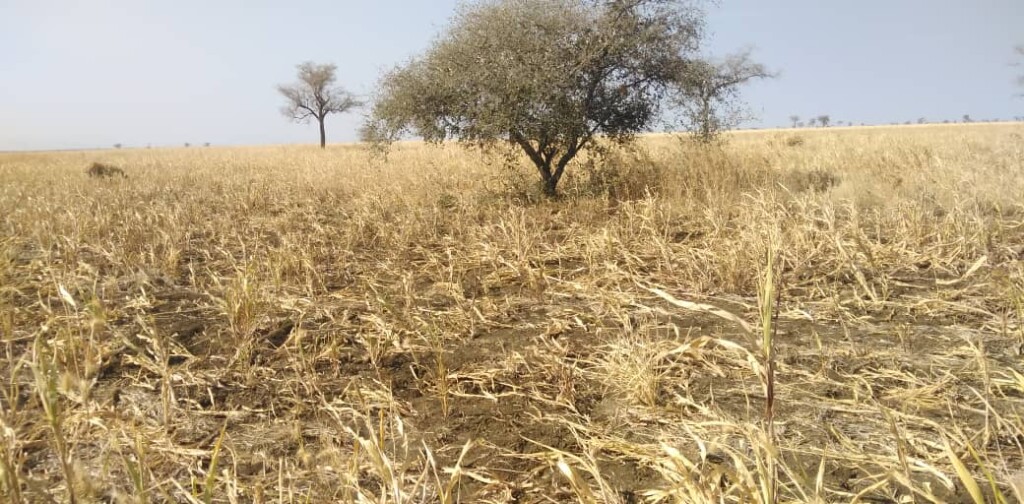
Attacks
Kunda further reported that life has returned to a cautious calm in Dalami, “as the intensity of heavy artillery shelling from Mount Baria, five kilometres south of the town, subsided last week”.
He said that rebel fighters of the SPLM-N El Hilu used three armoured vehicles, a Katusha rocket launcher and a number of anti-aircraft guns to attack the town under control of the Sudan Armed Forces (SAF) for six continuous days.
“The attacks led to the complete or partial destruction of houses. Many people fled the town and sought refuge in caves in the nearby hills. Others fled to Kartala, Um Burambita [in Abu Kershola], or further north, towards El Obeid.
Villagers who returned to Kokaya village near Dalami found their homes torched and their stored crops stolen by unruly groups “that came from SPLM-N-controlled areas”.
The journalist added that three boys, two of them brothers, had their hands amputated yesterday, when the anti-aircraft ordnance they had picked up exploded. “They were rushed to hospitals in Kosti.”
Last year, the SPLM-N El Hilu launched attacks on army bases in the South Kordofan capital of Kadugli, and the area of Dalami in July and August. In December, rebel fighters clashed with RSF paramilitaries in the vicinity of Delling.
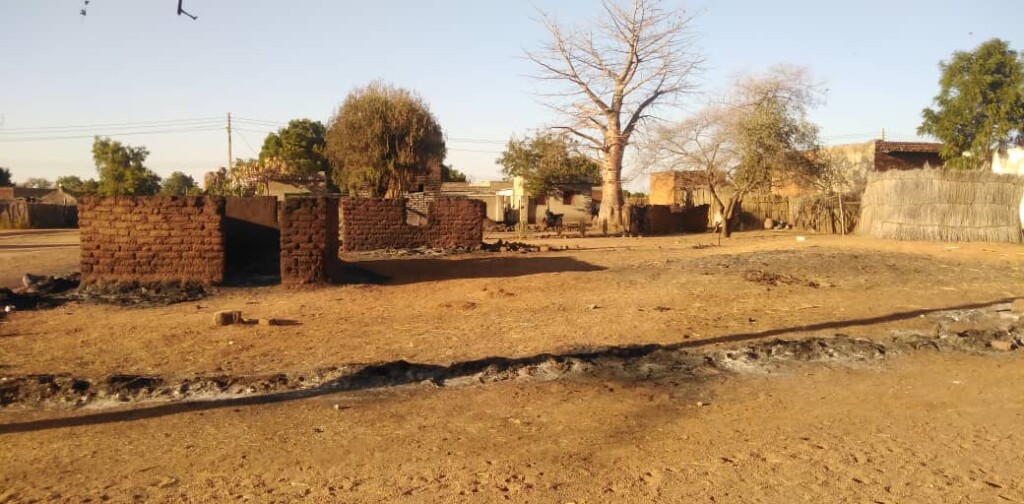
RSF
North of Dalami, in Habila locality, people living in Kartala and surroundings fear possible attacks by the Rapid Support Forces (RSF).
“The paramilitaries, stationed in the town of Habila, 36 km west of Kartala, seemingly intend to launch an attack on Kartala to avenge the killing of members of the Shankata and Keweilat armed groups linked to the RSF,” Kunda explained.
“These groups tried to attack the Kartala from the west following the withdrawal of the SAF unit that was stationed south of the tow. However, armed residents confronted the attackers and seized two motorcycles.
“The withdrawal of the army soldiers provoked a wave of anger among the people, prompting some of them to burn the army base.”
Local government
The RSF that seized Habila weeks ago, have set up a government in the locality, people reported from Habila town.
“The RSF, led by its infamous Operations Commander Sheeria formed a local government for the entire state, which includes a locality director, native administration* leaders, and local security forces along with RSF commanders. They began to exercise their duties days ago, and distributed quantities of sugar to the poor in the town.”
As for the transport in the area, Kunda said that after the RSF took control of Habila town more than six weeks ago, the 78-kilometres-long dirt road linking Habila, Kartala, and Delling has remained closed. “This has led to a complete halt and in the movement of people and vehicles, while communication and internet networks are down since June 2023 in large parts of Dalami, Kartala, and Habila.
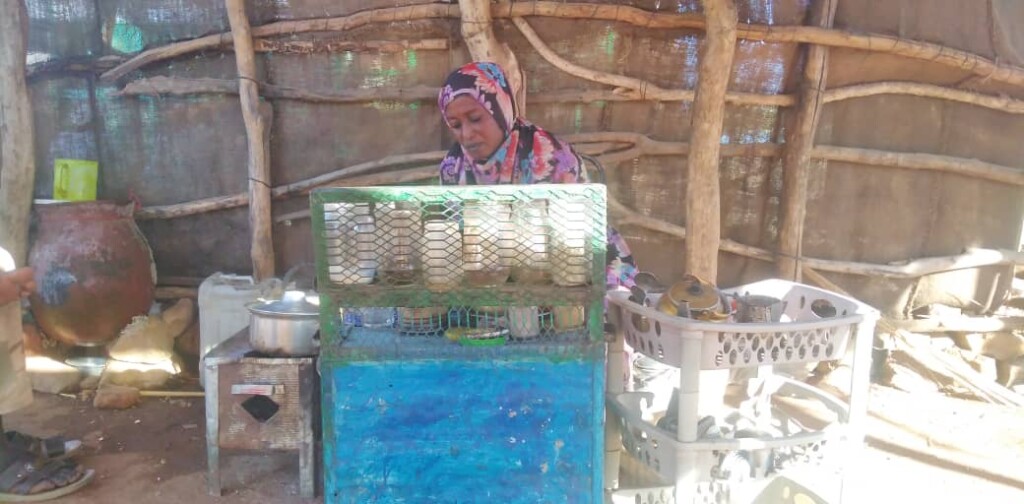
Tribal tensions
Kunda also reported about the situation in Um Burambita in Abu Kershola in northern South Kordofan, where “anxiety prevails after groups of the Hawazma El Halfa clan, led by Ismail El Zubeir, announced their support to the RSF a few days ago.
“This provoked anger among other tribesmen in the area, most of which belong to the Ayatega, and who in turn showed their support of the SAF troops stationed in the garrison of Um Burambita,” he said.
“People in the town told me that RSF supporters are heavily deployed in the weekly market and expressed fear of clashes with SAF supporters. They noted that an RSF commander with the rank of major general belongs to the clan.”
* The Native Administration was instituted by British colonial authorities seeking a pragmatic system of governance that allowed for effective control with limited investment and oversight by the state. The state-appointed tribal leaders also took on new responsibilities like executing policies, collecting taxes, and mobilising labour on behalf of the central government. According to the Darfur Bar Association (DBA), the Native Administration during the 30-year rule of dictator Omar Al Bashir did not represent the real community leaders.







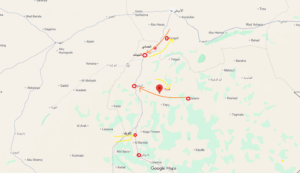
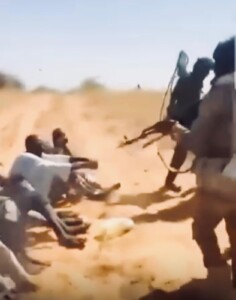
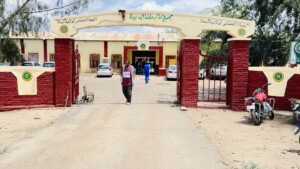

 and then
and then